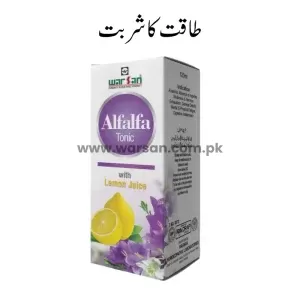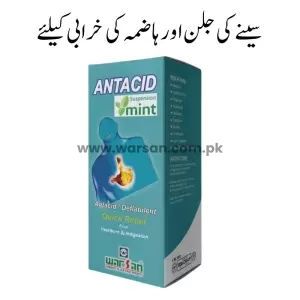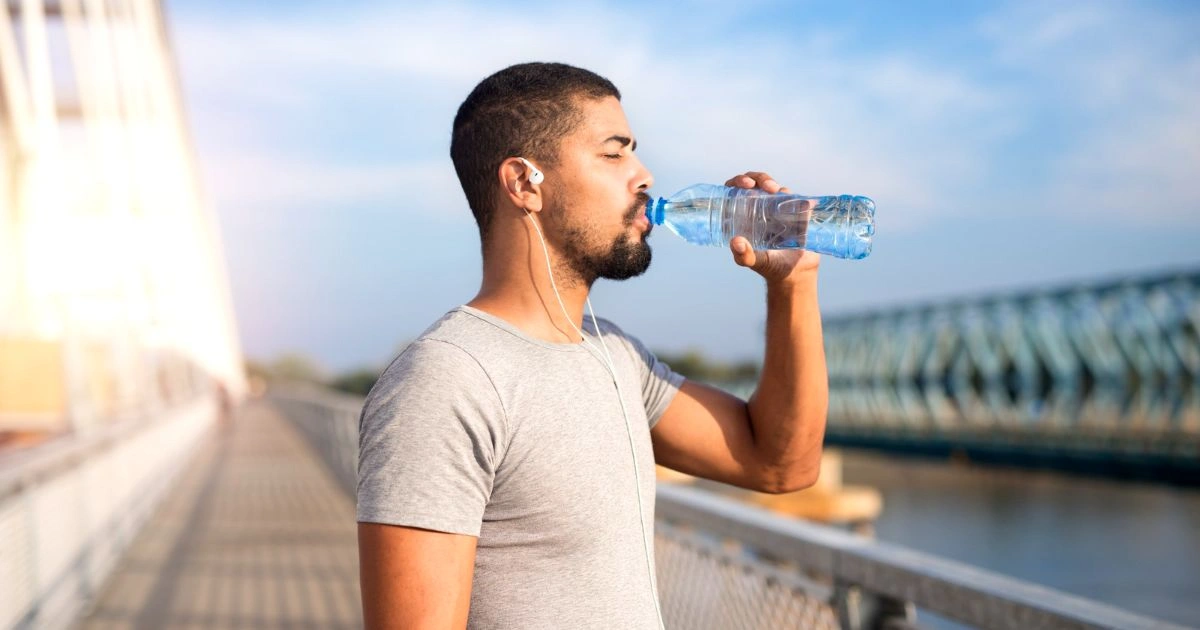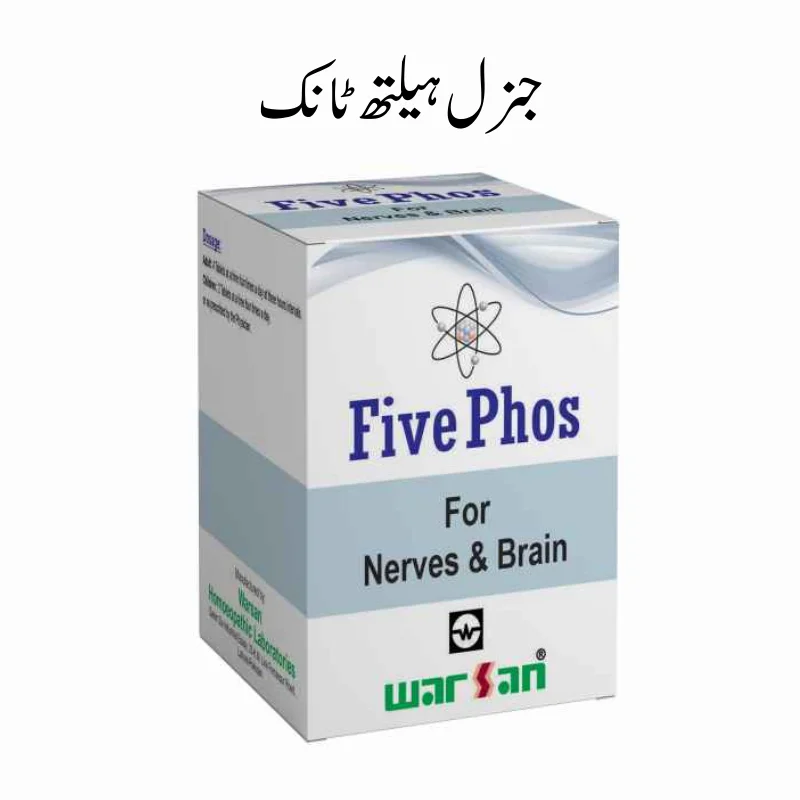What Is Dehydration?
Dehydration occurs when your body loses more water than it absorbs. This fluid loss keeps your body from functioning properly. Water plays a key role in maintaining body temperature, facilitating digestion, keeping blood flowing, and removing waste. When you don’t have enough water, organs such as the brain, heart, and kidneys begin to malfunction. Mild dehydration can already cause headaches, drowsiness, and confusion.
Why Do We Get Dehydrated?
There are a few common causes of dehydration that we all experience every day. Some are straightforward, such as exercising vigorously or the heat. Other causes are less obvious, such as stress or certain drugs. Here are the most frequent culprits:
- Not consuming enough water during the day
- Sweating profusely due to heat or physical exertion
- Vomiting or diarrhea due to illness
- Fever, particularly among children and the elderly
- Drugs like diuretics or laxatives
- Caffeine or alcohol, which both promote fluid loss
- Mental stress, which can lower your need to drink water
If these combine, the body may lose fluids quicker than it’s able to replace them, and dehydration occurs.
Signs You're Dehydrated
Your body will signal when it’s running low on fluids. These signs go from mild discomfort to severe health danger. Following are familiar symptoms to look out for:
Mild Symptoms:
- Dry mouth or cracked lips
- Dark yellow or pungent-smelling urine
- Weakness or fatigue
- Lightheadedness or headaches
- Muscle cramps
- Constipation
Severe Symptoms:
- Dizziness or fainting episodes
- Rapid heart rate or shallow breathing
- Confusion or inability to concentrate
- No urination for more than 8 hours
- Low blood pressure
- Sunken eyes
When you observe any severe symptoms, instant rehydration is required, and in a few situations, medical assistance is required.
How Does Dehydration Affect the Body?
Your body contains more than 60% water, and even minimal losses can affect the way systems function. Here are some of the specific ways dehydration affects the body:
- Brain Fog: When you don’t have sufficient fluid, your brain isn’t able to work properly, causing memory loss, lack of concentration, and mood swings.
- Dry Skin: Water makes your skin pliable. Dehydration results in dry, flaky, or scaly skin that makes you appear tired or older.
- Kidney Problems: Chronic loss of fluid strains your kidneys and can result in kidney stones or infections.
- Gastrointestinal Problems: Dehydration causes constipation and delayed digestion.
- Compromised Immune System: A dehydrated system is more susceptible to infection and takes longer to recover from illness.
Five Phos Tablets
Dehydration in Children and Older Adults
Older people and children are more susceptible to dehydration. Children have a greater turnover rate for water, or they lose water rapidly—particularly with fever, diarrhea, or activity. Older people tend to have a decreased sensation of thirst and might be on medications that lead to increased urine production.
Always make children drink additional fluids in hot or illness weather. In elderly, provide frequent water sips even when they are not thirsty. Watch for the onset of dehydration in both these groups.
Pros and Cons of Hydration Methods
Let’s compare different hydration solutions and their pros and cons:
| Method | Pros | Cons |
|---|---|---|
| Plain Water | Easily available, zero calories | Lacks electrolytes for severe cases |
| ORS | Fast electrolyte balance | May taste unpleasant |
| Coconut Water | Natural, contains key minerals | Expensive, not always available |
| Energy Drinks | Quick energy boost | High in sugar and artificial ingredients |
Lifestyle Tips to Avoid Dehydration
Following are some easy daily habits to avoid dehydration:
Drink Before You’re Thirsty
Thirst is a delayed signal that your body is already running low on water. Stay ahead by sipping throughout the day.
Eat Water-Rich Foods
Fruits and vegetables like cucumber, watermelon, lettuce, oranges, and tomatoes boost your hydration levels naturally.
Limit Caffeine and Alcohol
These are diuretics and lead to fluid loss. Replace with herbal tea or lemon water.
Carry a Water Bottle
Keeping water handy reminds you to drink on a regular basis—especially when at work or traveling.
Use Electrolytes During Exercise: Replace lost salts in sweat by mixing electrolyte powders or tablets with your water during strenuous exercise or hot weather.
Conclusion: Don't Let Dehydration Take Over
Dehydration can sneak up on you, but it’s completely preventable. From maintaining energy to supporting digestion and mental clarity, water is key to your health. Don’t wait to feel thirsty—act early. Drink regularly, eat water-rich foods, and use homoeopathy if illness is the root cause of your dehydration.
FAQs – Frequently Asked Questions
Dehydration occurs when fluid loss exceeds intake. It disrupts vital functions like temperature regulation, digestion, and brain function, leading to fatigue, confusion, and organ stress.
Mild dehydration signs include dry mouth, dark urine, lightheadedness, fatigue, and headaches. Recognizing these symptoms early helps prevent worsening and potential health complications.
Yes, even slight dehydration can cause brain fog, poor concentration, memory lapses, irritability, and mood swings due to reduced blood flow and brain function efficiency.
Children and elderly individuals are highly vulnerable. Kids lose water faster; elders may feel less thirsty and often take medications increasing fluid loss unknowingly.
Yes. Homeopathy strengthens the body to correct root causes like congestion, nervous stress, or weak respiratory muscles—offering gentle, side-effect-free support over time.7. Is homeopathy safe for long-term use?
Water-rich foods like watermelon, cucumber, oranges, lettuce, and tomatoes support hydration. These foods also contain essential electrolytes and vitamins your body needs regularly.
While they provide quick energy, most energy drinks contain excessive sugar and additives. They’re not ideal for rehydration and may worsen fluid imbalance.
Homoeopathy supports recovery during dehydration from illness but doesn’t replace fluid intake. Remedies like China or Arsenicum help restore balance and reduce exhaustion.
Drink fluids regularly, wear breathable clothes, avoid peak heat hours, and consume fruits. Use ORS or coconut water during sweating or prolonged sun exposure.
Seek help if you experience confusion, rapid heartbeat, no urination for 8+ hours, fainting, or severe vomiting and diarrhea unresponsive to basic hydration.
-
-
 Rated 5.00 out of 5 based on 1 customer rating₨ 200 – ₨ 650Price range: ₨ 200 through ₨ 650Select options Quick View
Rated 5.00 out of 5 based on 1 customer rating₨ 200 – ₨ 650Price range: ₨ 200 through ₨ 650Select options Quick View -
 Rated 4.00 out of 5 based on 1 customer rating₨ 200 – ₨ 650Price range: ₨ 200 through ₨ 650Select options Quick View
Rated 4.00 out of 5 based on 1 customer rating₨ 200 – ₨ 650Price range: ₨ 200 through ₨ 650Select options Quick View -
 Rated 4.00 out of 5 based on 1 customer rating₨ 220 – ₨ 650Price range: ₨ 220 through ₨ 650Select options Quick View
Rated 4.00 out of 5 based on 1 customer rating₨ 220 – ₨ 650Price range: ₨ 220 through ₨ 650Select options Quick View



